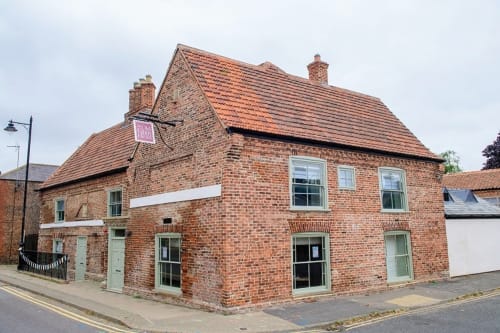Welcome to the Old King's Head, our exceptional bed and breakfast guesthouse steeped in history. Step into a bygone era and embark on a truly unforgettable stay with us.

Quality Food
Whether you’re looking for a light bite or something more filling after working up an appetite exploring the Lincolnshire countryside, we’ve got plenty of options to choose from. Enjoy a lovely breakfast, lunch or afternoon tea at our cafe.














